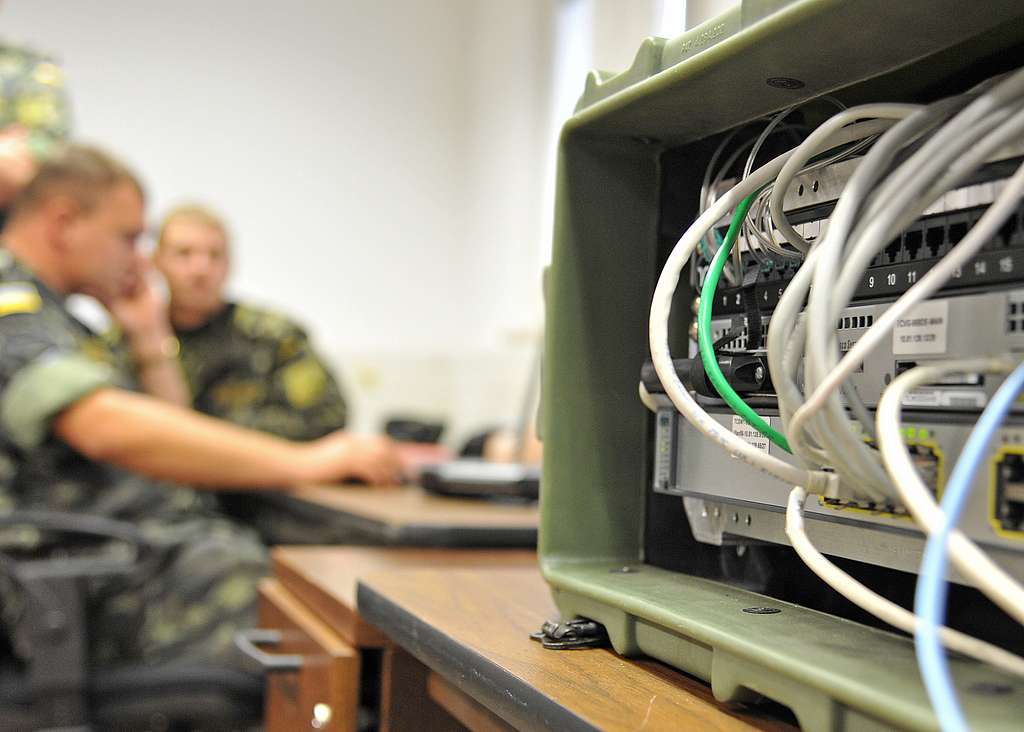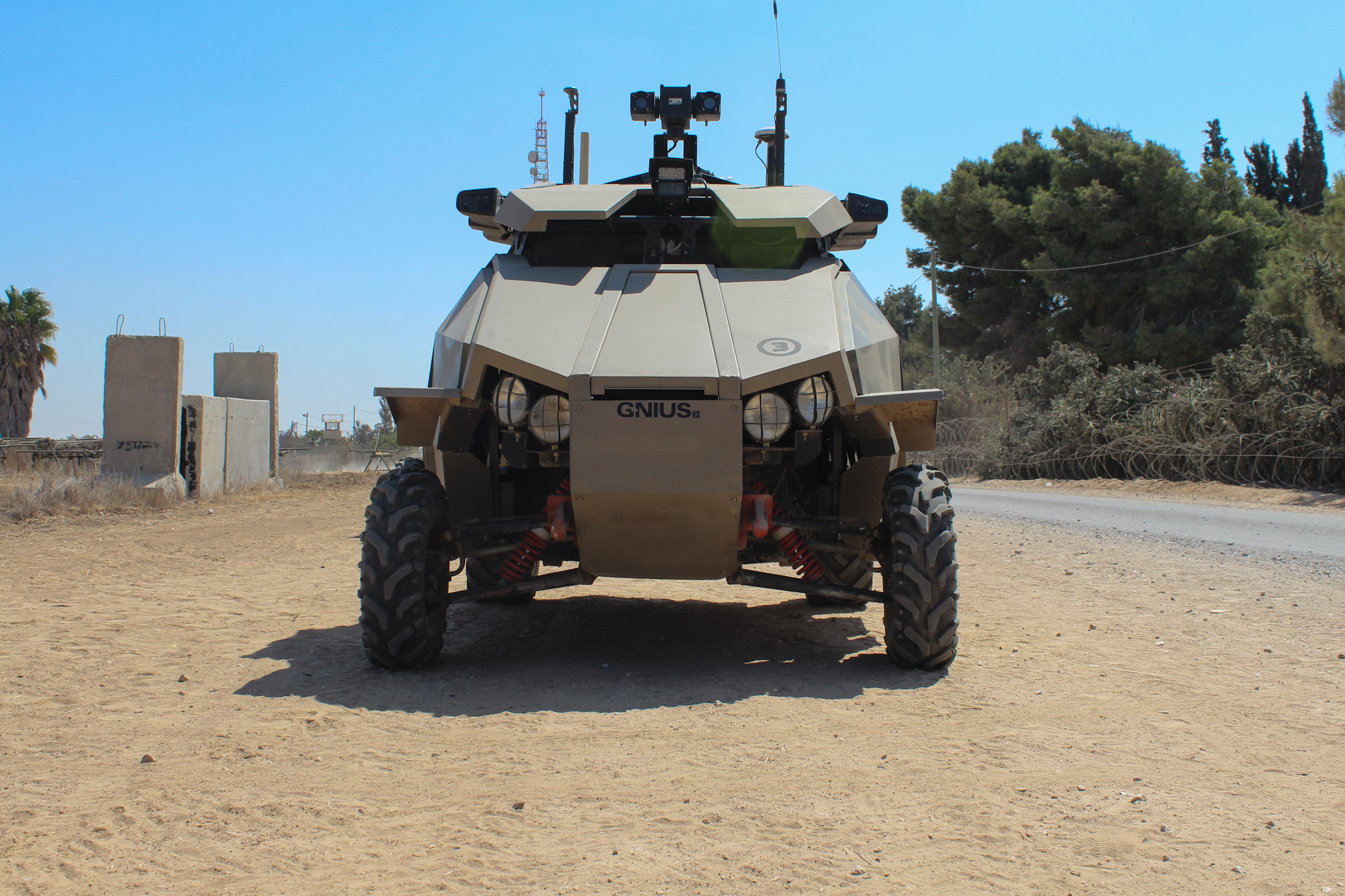Is Jimmy Carter Calling President Obama an Assassin?
I missed this the other day, but it seems to me extraordinary: A former president seems to be calling the current president of his own party an assassin.
If you think that's hyperbole, read Jimmy Carter's piece in the New York Times.
Published by The Lawfare Institute
in Cooperation With

I missed this the other day, but it seems to me extraordinary: A former president seems to be calling the current president of his own party an assassin.
If you think that's hyperbole, read Jimmy Carter's piece in the New York Times. It begins:
The United States is abandoning its role as the global champion of human rights. Revelations that top officials are targeting people to be assassinated abroad, including American citizens, are only the most recent, disturbing proof of how far our nation’s violation of human rights has extended. This development began after the terrorist attacks of Sept. 11, 2001, and has been sanctioned and escalated by bipartisan executive and legislative actions, without dissent from the general public. As a result, our country can no longer speak with moral authority on these critical issues.Let's be clear about what President Carter is saying here: Top officials--including Obama--are assassinating people abroad. The choice of words is important. Assassination is not a legitimate form of warfare or armed conflict. It is, rather, prohibited by executive order. It is a form of murder. At least as I read the oped, President Carter is accusing President Obama of multiple murders. He's also accusing him of killing untold numbers of civilians. Here is another choice excerpt:
Despite an arbitrary rule that any man killed by drones is declared an enemy terrorist, the death of nearby innocent women and children is accepted as inevitable. After more than 30 airstrikes on civilian homes this year in Afghanistan, President Hamid Karzai has demanded that such attacks end, but the practice continues in areas of Pakistan, Somalia and Yemen that are not in any war zone. We don’t know how many hundreds of innocent civilians have been killed in these attacks, each one approved by the highest authorities in Washington. This would have been unthinkable in previous times.Carter's broad point is not about drone strikes, but about what he sees as a larger erosion of America's commitment to human rights. He's upset about the NDAA, about Guantanamo, and about the FISA Amendments Act--as well as about drones:
While the country has made mistakes in the past, the widespread abuse of human rights over the last decade has been a dramatic change from the past. With leadership from the United States, the Universal Declaration of Human Rights was adopted in 1948 as “the foundation of freedom, justice and peace in the world.” This was a bold and clear commitment that power would no longer serve as a cover to oppress or injure people, and it established equal rights of all people to life, liberty, security of person, equal protection of the law and freedom from torture, arbitrary detention or forced exile. The declaration has been invoked by human rights activists and the international community to replace most of the world’s dictatorships with democracies and to promote the rule of law in domestic and global affairs. It is disturbing that, instead of strengthening these principles, our government’s counterterrorism policies are now clearly violating at least 10 of the declaration’s 30 articles, including the prohibition against “cruel, inhuman or degrading treatment or punishment.”But at least in my view, his drones allegation differ from his other complaints in an important respect: drone strikes involve killing people, after all, and if you allege--as Carter does--that the killings are illegal, you are inevitably accusing Obama of murder. A great many murders. This was my complaint against Mary Ellen O'Connell in Lawfare's early days, when I posed the question of whether she considered Barack Obama to be a serial killer. The point seems to me to have still-greater force when the argument comes from a former president, who presumably has some memory of the difficult choices associated with resorts to force, than when it comes from a mere law professor. So let me restate the question: President Carter, are you suggesting that Barack Obama is a serial killer? And if not, given the legal theory that apparently underlies your oped, what exactly would you call him? I have sent this post to the Carter Center and will, of course, post any response I receive.
Benjamin Wittes is editor in chief of Lawfare and a Senior Fellow in Governance Studies at the Brookings Institution. He is the author of several books.





